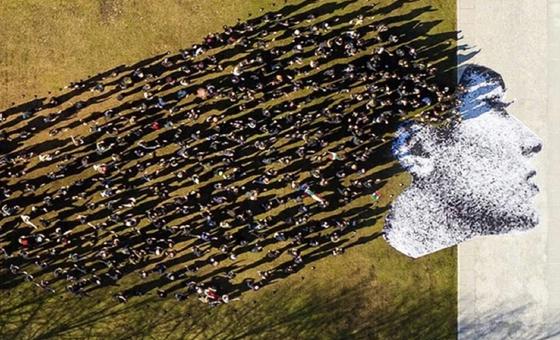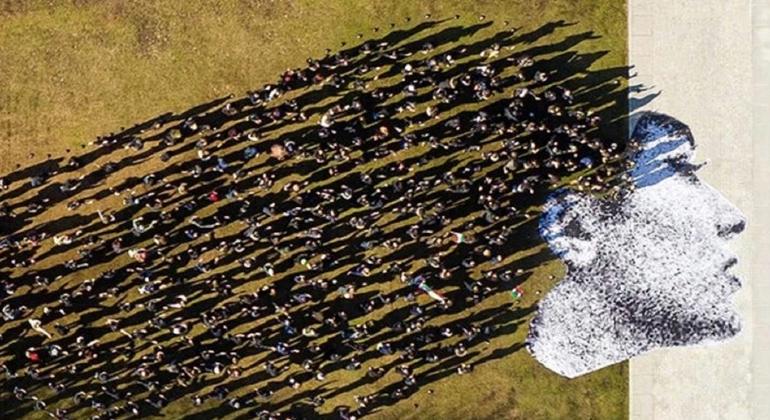
Emergencies tend to exacerbate the vulnerabilities people who work in the arts already experience, as they face multiple threats such as online and offline harassment, loss of income, legal prosecution, violence, censorship, and silencing.
Creatives also often lack minimal safety nets due to their precarious legal status, according to the report.
Artists under assault
In 2021, a record 39 artists were reportedly killed in 12 countries, and 119 were imprisoned in 24 countries, UNESCO said, citing data from Freemuse, an independent international non-governmental organization (NGO) that advocates for freedom of artistic expression and cultural diversity.
Additionally, more than 1,200 violations of artistic freedom worldwide were documented that year.
UNESCO oversees the Convention on the Diversity of Cultural Expressions, which entered into force in 2007.
Although 152 countries that have ratified the treaty, only 27 per cent have developed or supported safe spaces for artists.
Just over half, 53 per cent, have independent bodies that receive complaints or monitor violations and restrictions to artistic freedom.
Strengthening legal frameworks
The report recommends new monitoring and emergency assistance policies for artists at risk.
Countries are urged to develop tailored assistance to protect and promote artistic freedom during emergencies, building on UNESCO’s experience in protecting artists during conflicts – most recently in Iraq, Ukraine, and Yemen.
The study also calls for UN-wide monitoring of artistic freedom in emergency contexts that recognizes artists as a vulnerable group in need of specific attention, and highlights the need for support, safety, and protection of artists, but also artworks and cultural spaces.
Additionally, capacity building for judicial and legal professions to protect artists through investigations and prosecutions, is also required, alongside stronger legal frameworks, with better legal recognition of the status of the artist.
“Recent cases have demonstrated the importance of emergency practical measures such as trainings on artistic freedom, temporary art residencies, temporary financial assistance for culture professionals, expedited issuance of visas and prioritization of artists within evacuation and resettlement programs with specific attention to women creators,” UNESCO said.
Million-dollar boost
The UN agency also announced a new investment of $1 million to finance projects supporting artistic freedom in more than 25 countries. Of the projects, 13 are government-led and the others are run by NGOs.
Governments that will receive technical assistance to develop related laws, regulations or policies, include the administrations in Argentina, Côte d’Ivoire, Chile, Djibouti, Ghana, Kenya, Malawi, Namibia, Niger, Mongolia, Senegal, and Zimbabwe.
Some of the civil society organizations that will benefit from financial assistance to undertake training, advocacy, monitoring or research on artistic freedom and the status of the artist are based in countries such as Georgia, Brazil, Ethiopia, Rwanda, and South Sudan.



